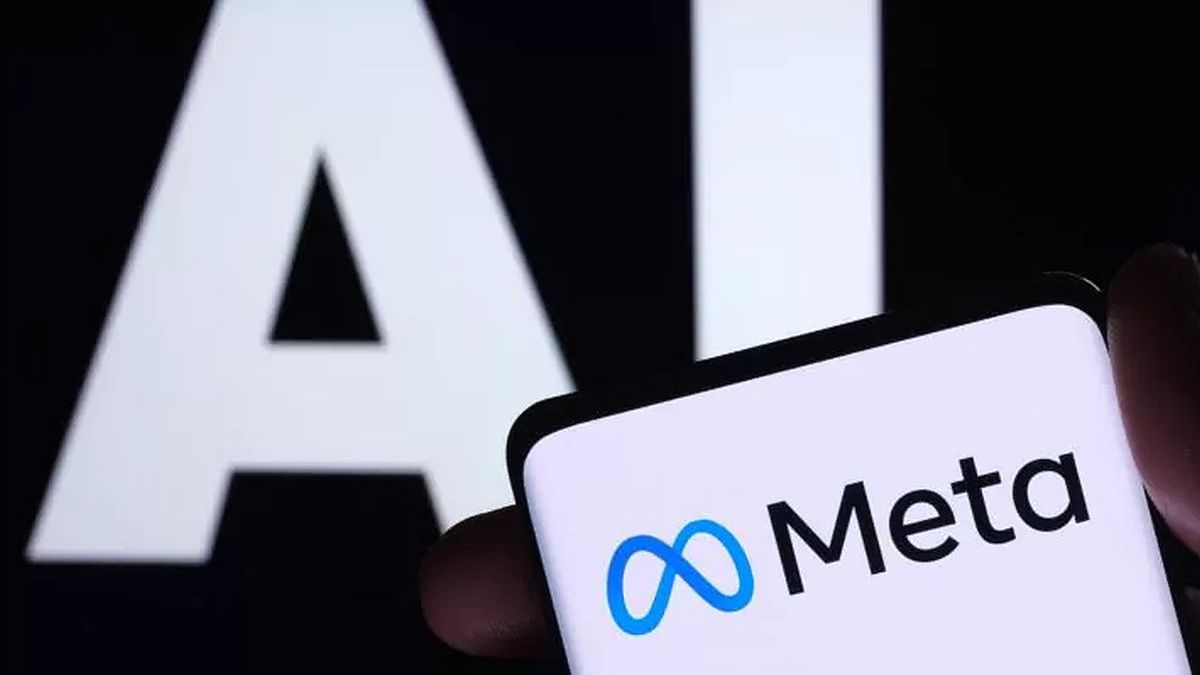It’s like looking for a needle in a haystack when you’re looking for your soul mate when dating on online portals. It is not uncommon to encounter the dating trend fizzling, which is now replacing ghosting.
Someone who has searched for their dream partner online at least once in their life and has been on a few dates has most likely already fallen victim to ghosting. Ghosting is a behavior where the other person is too cowardly to tell their dating partner that it doesn’t fit. Instead of dissolving the dating phase, you never call back, stop responding to texts and calls, and disappear until the other person gives up trying to contact you.
Ghosting and its importance is widespread and well-known on the dating market, which is why most singles no longer follow up if no reactions and efforts appear on the smartphone. Now a new dating trend has established itself or at least got a name: Fizzling.
The word fizzle comes from the English to fizzle out, which means something like fizzle out. Someone fizzles out over time. He doesn’t sink into a black hole in the ground and never lets himself be heard from again, as with ghosts, but he slowly sneaks out of the relationship. However, the goal is the same: wanting to get rid of the other person. Without telling him.
The fizzling dating trend is difficult to spot at first
In contrast to ghosting, this behavior is not directly recognizable. When you get fizzled, you only gradually realize it. The other simply lets the contact ebb without terminating it directly. The time it takes for an answer to get longer, the answers shorter, the counter-questions fewer and over time there is no personal commitment at all. It is only possible after days, weeks, even months that the dating trend victim really notices that the other person no longer wants the contact.
Singles are used to ghosting and often misinterpret the behavior. “He or she is still interested, after all you still answer”. Due to this learned behavior pattern, a longer period of time passes before it is understood that there is no interest.
Relationship expert Rhian Kivits told British news site The Mirror that the human brain tends to be negatively biased and negative situations have a far greater impact on people’s psyches. Not getting an answer to the question of what happened and not getting a clear cut of the interpersonal connection through fizzing is one of these negative experiences. Those affected automatically rack their brains over and over again as to whether the other person has lost interest or not because answers are still coming. Your thoughts are permanently occupied by a problem that has long been clearly decided in the mind of the other person.
Fizzling gnaws at your own self-esteem
The relationship expert continues: “If the dating fizzles out, you might tell yourself that it must have happened because you weren’t attractive, sexy or entertaining enough for the other person.”
Such thoughts can negatively impact the dating trend victim’s self-esteem as they make themselves the problem and brood over their alleged mistakes. When you notice the dwindling commitment, you sometimes wonder if you aren’t worth someone trying to reach out to you.
Relationship expert Kivits even finds fizzling to be much more passive-aggressive than ghosting. She believes that Fizzlers tend to be “insecure and selfish because they aren’t sincere and responsible enough to admit that they’re no longer interested in the other person.”
Sources: .
+++ Read also +++
Source: Stern
I am an author and journalist who has worked in the entertainment industry for over a decade. I currently work as a news editor at a major news website, and my focus is on covering the latest trends in entertainment. I also write occasional pieces for other outlets, and have authored two books about the entertainment industry.




